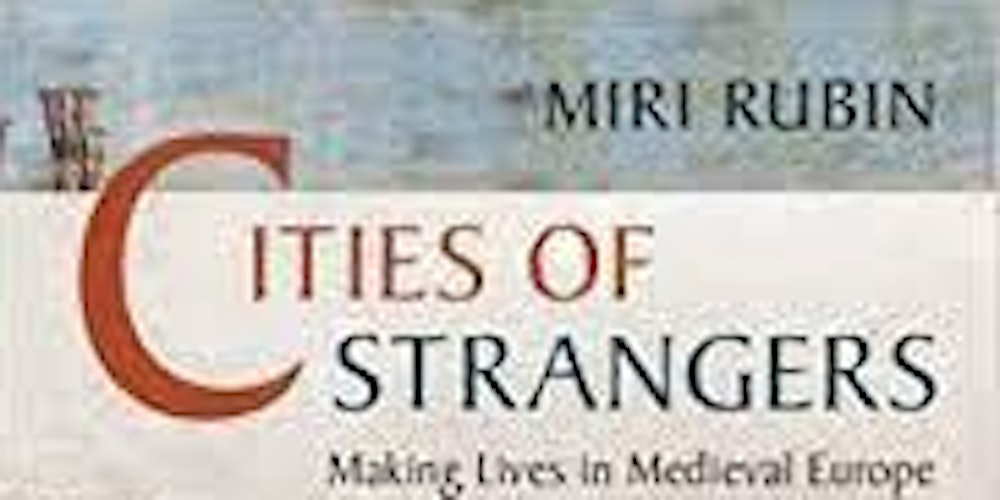The biennial Thirteenth-Century Conference (formerly known as The Thirteenth-Century England Conference) is a long-standing international academic conference that was established in 1985 at the University of Newcastle. Since then, it has been hosted by the Universities of Durham, Wales, the Sorbonne, Cambridge, and Heidelberg. We are delighted to welcome it to Lincoln this September (Friday 5th to Sunday 7th September 2025) for its twenty-first outing. Due to an exceptional response to our call for papers, we are pleased to offer a draft programme of talks, featuring more than 25 speakers at all stages of their academic careers. These are organised into sessions on monastic records, government under Henry III, queenship and piety in the royal family, royal power in England and Denmark, royal administration in the localities, inclusion and exclusion, aristocratic women and power, new perspectives on Lincolnshire records, lordship and service, and disputes and jurisdictions.
The First Björn K. U. Weiler Memorial Lecture, the conference’s keynote lecture sponsored this year by the Lincoln Record Society, will be delivered by Professor Daniel Power of Swansea University, on ‘Eleanor of Ponthieu, Eleanor of Aumale? The Inheritance Claims of Eleanor of Castile’. Eleanor of Castile was King Edward I of England’s beloved first wife, who died at Harby in 1290 and whose viscera are buried in Lincoln Cathedral.
We are extremely grateful to the Lincoln Record Society for sponsoring the conference and to the Pipe Roll Society for sponsoring an essay prize for doctoral students.
Booking for the conference will open soon via the University’s online booking store.
For further details, please email the conference organisers, Professor Louise Wilkinson and Dr Adrian Jobson: medievalstudies@lincoln.ac.uk.


The Pipe Roll Society: Publishing Medieval Records Since 1883





